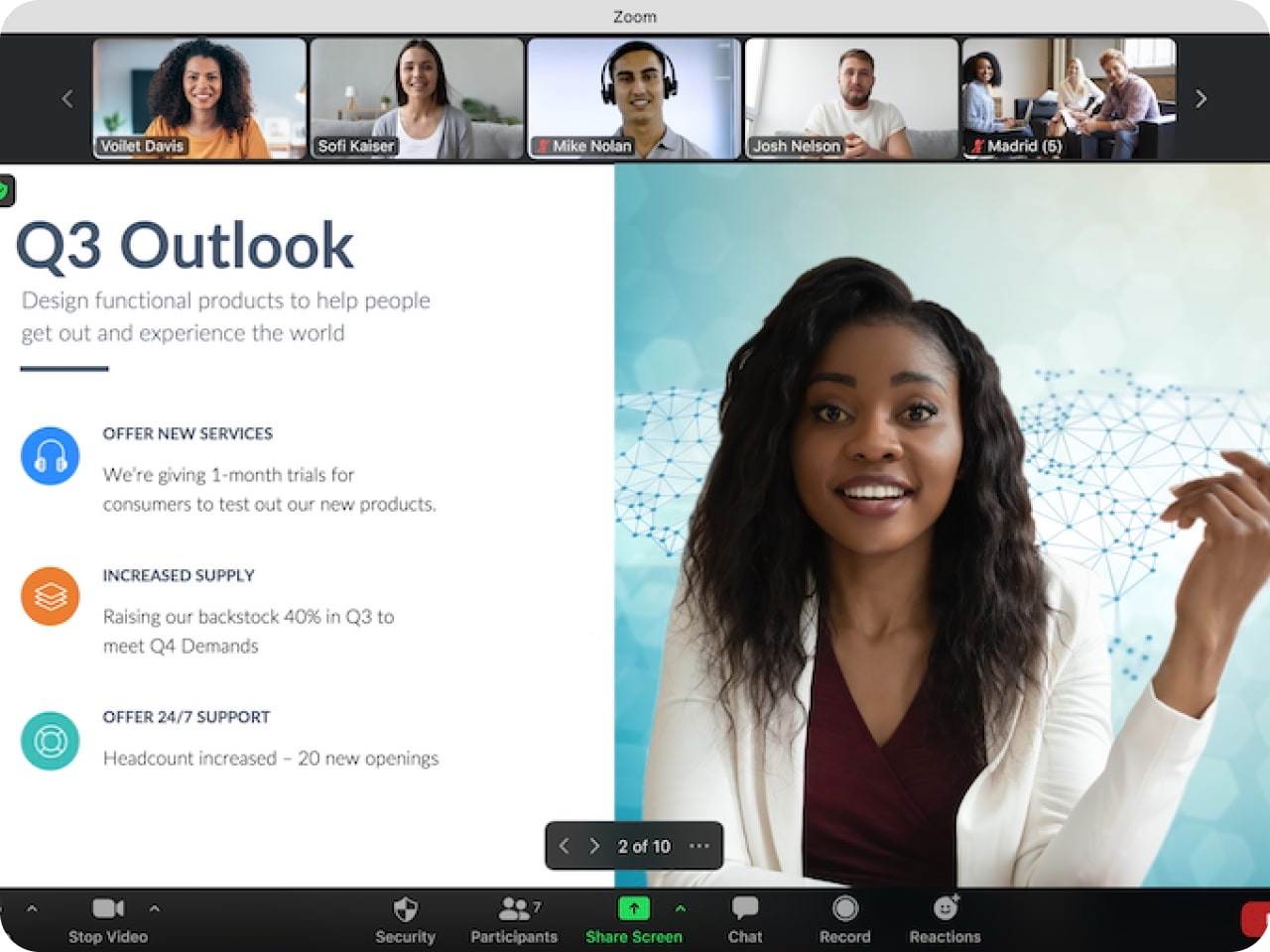A Beginner's Guide
Opening an online stock and securities account in the U.S. is the first step for many toward building a strong investment portfolio. With digital platforms making investing more accessible than ever, it's essential to choose the right broker and account that suit your needs. This guide will walk you through the important considerations such as account security, trading fees, and mobile app functionality, ensuring you are well-prepared to begin your investment journey.

1. Selecting a Broker
The first step in opening an account is selecting a brokerage platform. Some of the most popular online brokers include Charles Schwab, TD Ameritrade, E*TRADE, Fidelity, and Robinhood. These platforms offer different services, and it's crucial to evaluate which one meets your specific needs.
2. Account Types
Before opening an account, determine which type of account you want. For stock trading, most investors will choose between:
- Individual Brokerage Accounts: These accounts allow you to trade stocks, bonds, ETFs, and other securities.
- Retirement Accounts (IRA, Roth IRA): These accounts offer tax advantages and are suitable for long-term investors.
For those who are new to investing, a standard individual brokerage account might be the most flexible option, as it offers easy access to your funds and a wide range of investments.
3. Security Considerations
Security is one of the most critical factors when opening an online investment account. Reputable U.S. brokers must be members of the Securities Investor Protection Corporation (SIPC), which protects your securities up to $500,000 (including $250,000 for cash). Additionally, these firms typically offer two-factor authentication (2FA) and encryption technologies to ensure that your personal and financial information is safe.
Furthermore, some brokers provide insurance above SIPC limits, offering additional layers of protection in case of cyberattacks or other risks.
4. Trading Fees and Commissions
When choosing a broker, consider the fees and commissions associated with trading. Over time, these costs can add up and impact your overall returns. Fortunately, many brokers now offer commission-free trading on stocks and ETFs. Platforms like Robinhood and Webull are well-known for offering zero-commission trades.
However, it’s important to be aware of other potential fees, such as:
- Account maintenance fees: Some brokers charge fees if your account balance falls below a certain threshold.
- Mutual fund transaction fees: While stock and ETF trades might be commission-free, some mutual funds can still incur fees.
- Options and futures trading fees: These specialized instruments may come with additional charges.
Always read the fine print and understand the full cost structure before committing to a broker.
5. Ease of Mobile Operation
In today’s fast-paced world, the ability to manage your investments on the go is vital. Many brokers offer mobile trading apps that allow you to execute trades, check your portfolio, and manage funds from your smartphone. For example, platforms like TD Ameritrade and Fidelity offer highly rated mobile apps with robust features.
When evaluating mobile apps, consider:
- User Interface (UI): A clean, intuitive interface can make a significant difference, especially for beginners.
- Real-time data: Ensure that the app provides up-to-date market information so you can make informed decisions.
- Execution speed: Fast order execution is crucial, especially in a volatile market. Some apps offer tools like stop-loss orders or limit orders to automate trading at specific price points.
Additionally, check if the mobile app offers access to research and educational resources, which can be especially beneficial for those new to investing.

6. Funding Your Account
Once you’ve chosen your broker and opened your account, you’ll need to fund it. Most brokers allow you to transfer funds electronically via:
- ACH transfers: Linking your bank account to your brokerage account for easy transfers.
- Wire transfers: Typically faster but may come with fees.
- Check deposits: Some platforms still accept checks, though this method is becoming less common.
Make sure to verify the minimum deposit requirements for your chosen broker, as some platforms require a certain amount to get started.
7. Customer Support and Educational Resources
When choosing a broker, consider their customer support and educational resources. Beginner investors often benefit from a platform that provides tools and resources to help them learn. Fidelity and Charles Schwab, for example, offer detailed tutorials, webinars, and guides on investing basics.
Moreover, reliable customer support can be critical if you encounter any issues. Check whether the broker provides support via phone, email, or live chat, and what the response times are.
8. Tax Implications
Investing in stocks and securities comes with tax responsibilities. In the U.S., profits from selling stocks (capital gains) are taxable, and brokers will issue Form 1099-B at the end of each tax year, summarizing your trades. You may want to consult with a tax advisor or use tax software to ensure compliance with U.S. tax laws, especially if you're trading frequently.
:max_bytes(150000):strip_icc()/GettyImages-1128046391-8a72db46d1924dcd96f8d16d186642ab.jpg)
Conclusion
Opening an online stock and securities account in the U.S. is a relatively straightforward process, but choosing the right broker requires attention to detail. Ensure that the broker you select offers strong security, low trading fees, and a user-friendly mobile app. By doing your research and evaluating your options, you can open an account that meets your needs and helps you build a successful investment portfolio.

